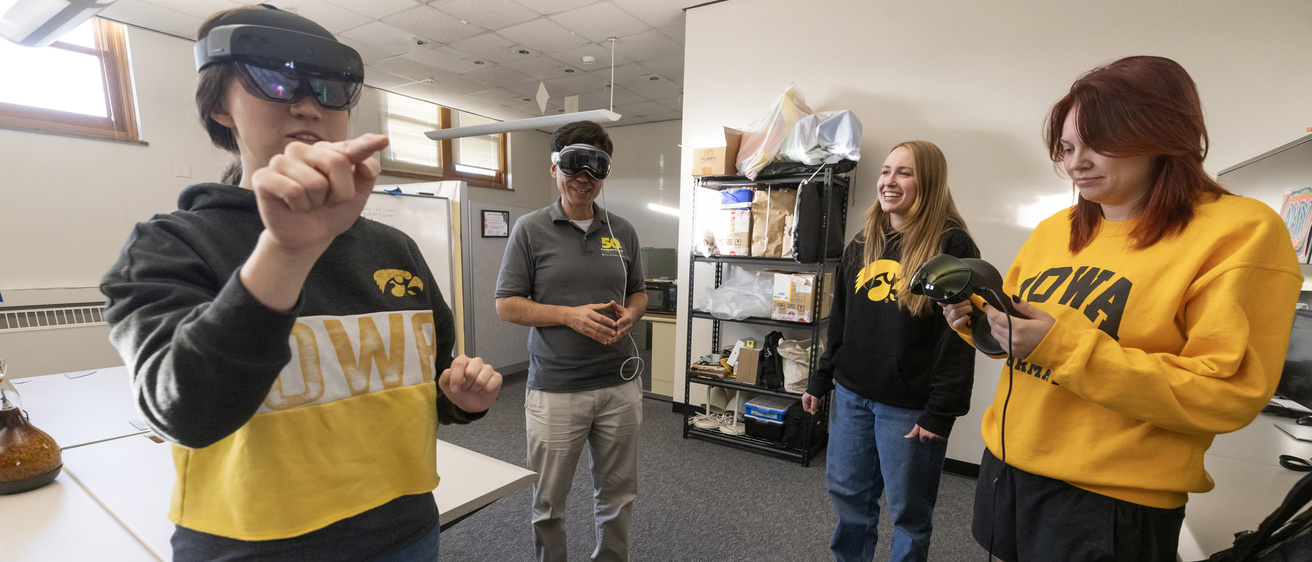Main navigation
Gain Deep Roots in Core Computational Skills
Our undergraduate programs deliver a solid foundation of core computational skills, logic, and understanding that prepares you well for navigating current and future technologies.
Computer Science
Computer science is a popular major for first-year students at Iowa. It develops competence in programming principles and methodologies, problem-solving techniques, mathematics, and computer systems. Our computer science curriculum also includes core courses in Artificial Intelligence and Ethics. You'll gain deep understanding of core computer science principles and skills that will position you well for future academic or career success.
Informatics
Informatics has a stronger focus on computing applications. With your informatics degree, you'll also choose a "cognate." This means you'll combine competence in computational methods with expertise in a particular domain, such as geography, linguistics, media, public health and more. Our cognates allows you to tailor your degree to your interests and career goals.
Explore Undergraduate Programs
Computer science provides the skills necessary in a growing variety of career fields, including health, government, non-profit, business, and industrial sectors.
Computer science is a popular major for first-year students at Iowa, with data science and informatics providing even more options. All three majors provide outstanding preparation for the enormous variety of twenty-first-century careers in which computing knowledge plays a key role.
1030
Students from a wide variety of majors add our computer science courses. Computer science helps them stay relevant and prepare for new openings in their chosen career field.
*data from 2015-2020
